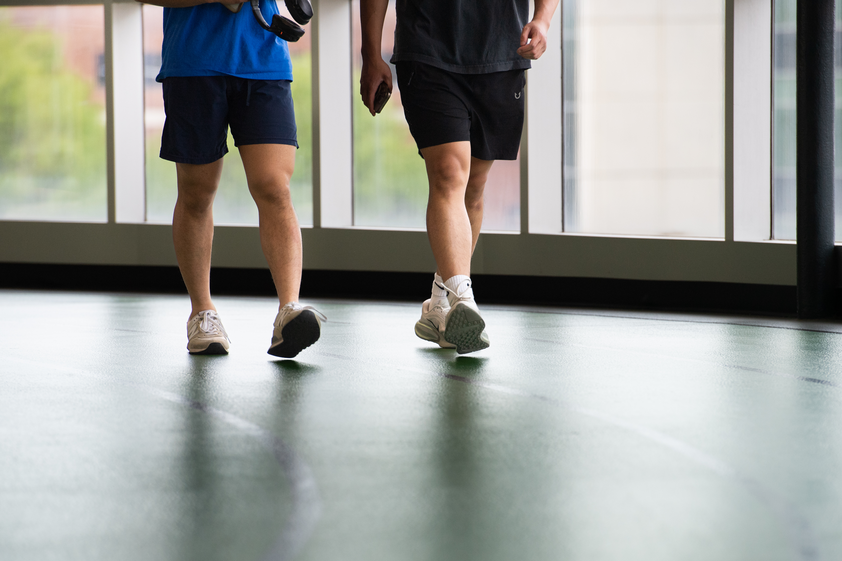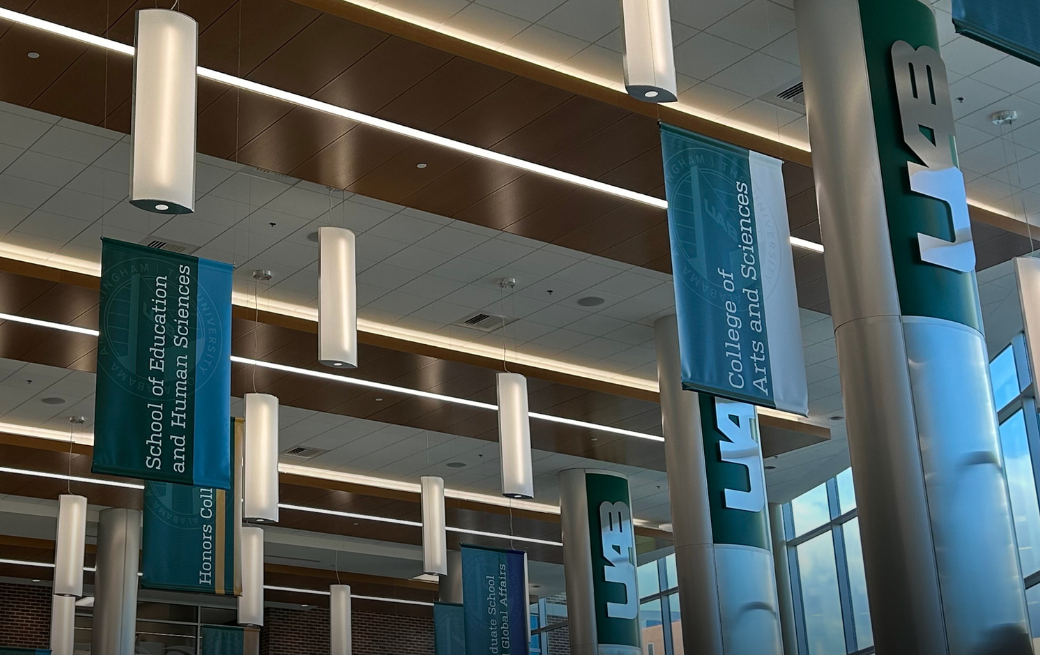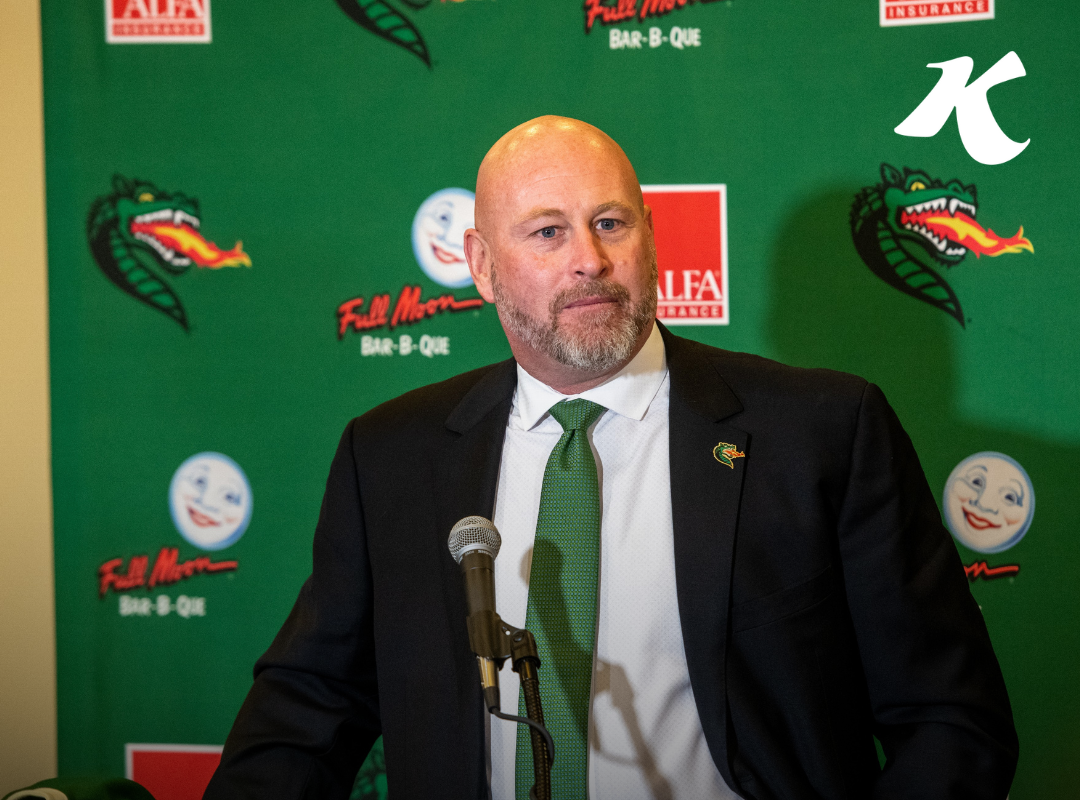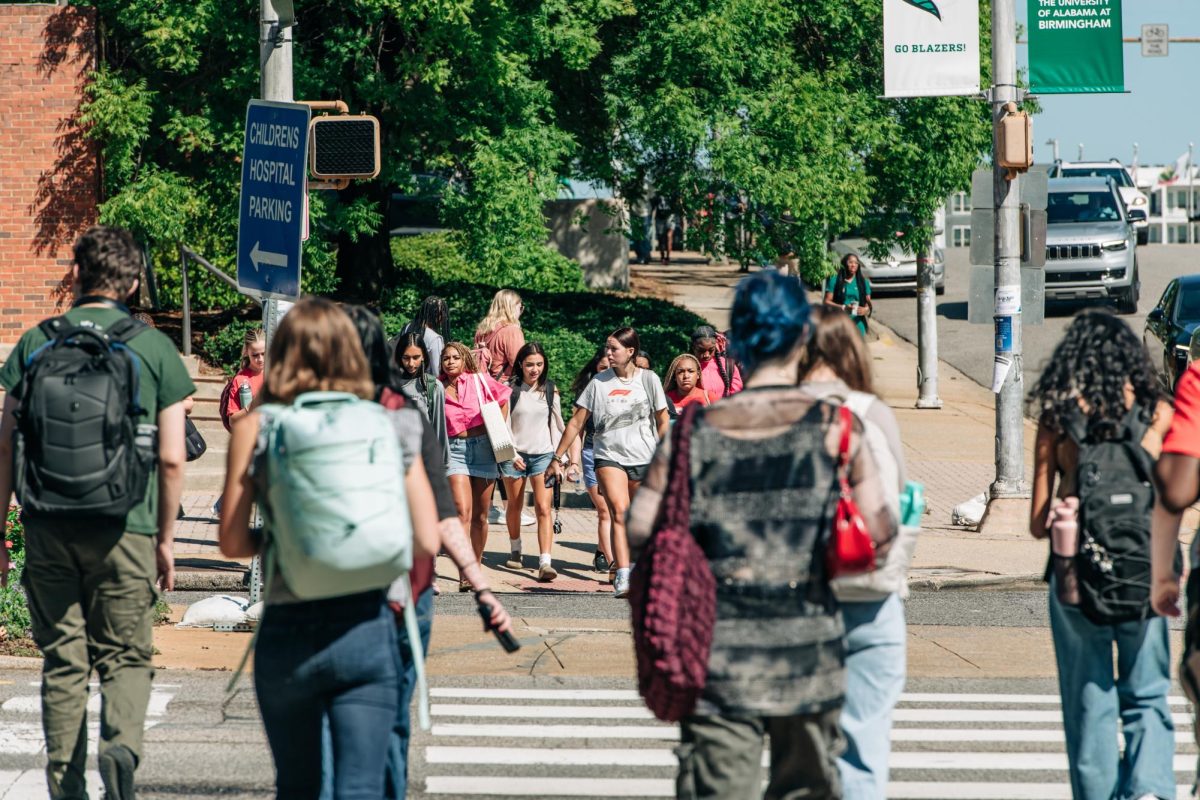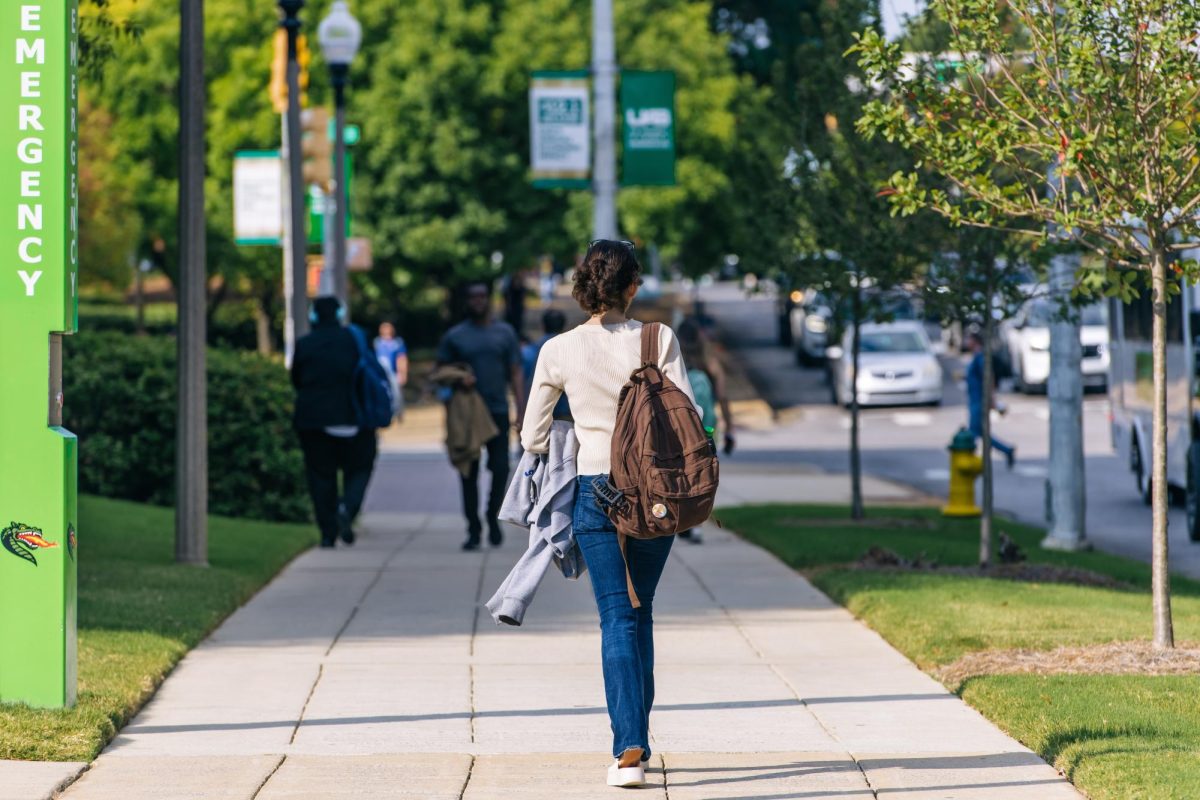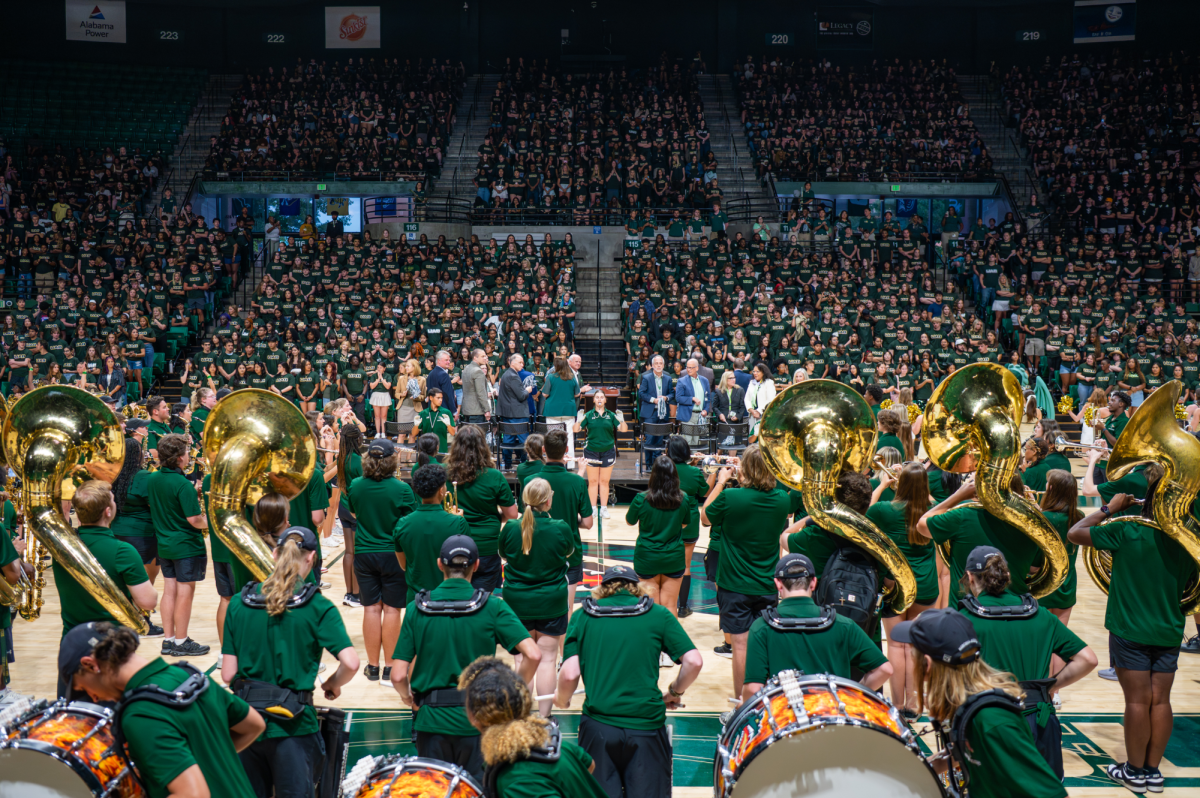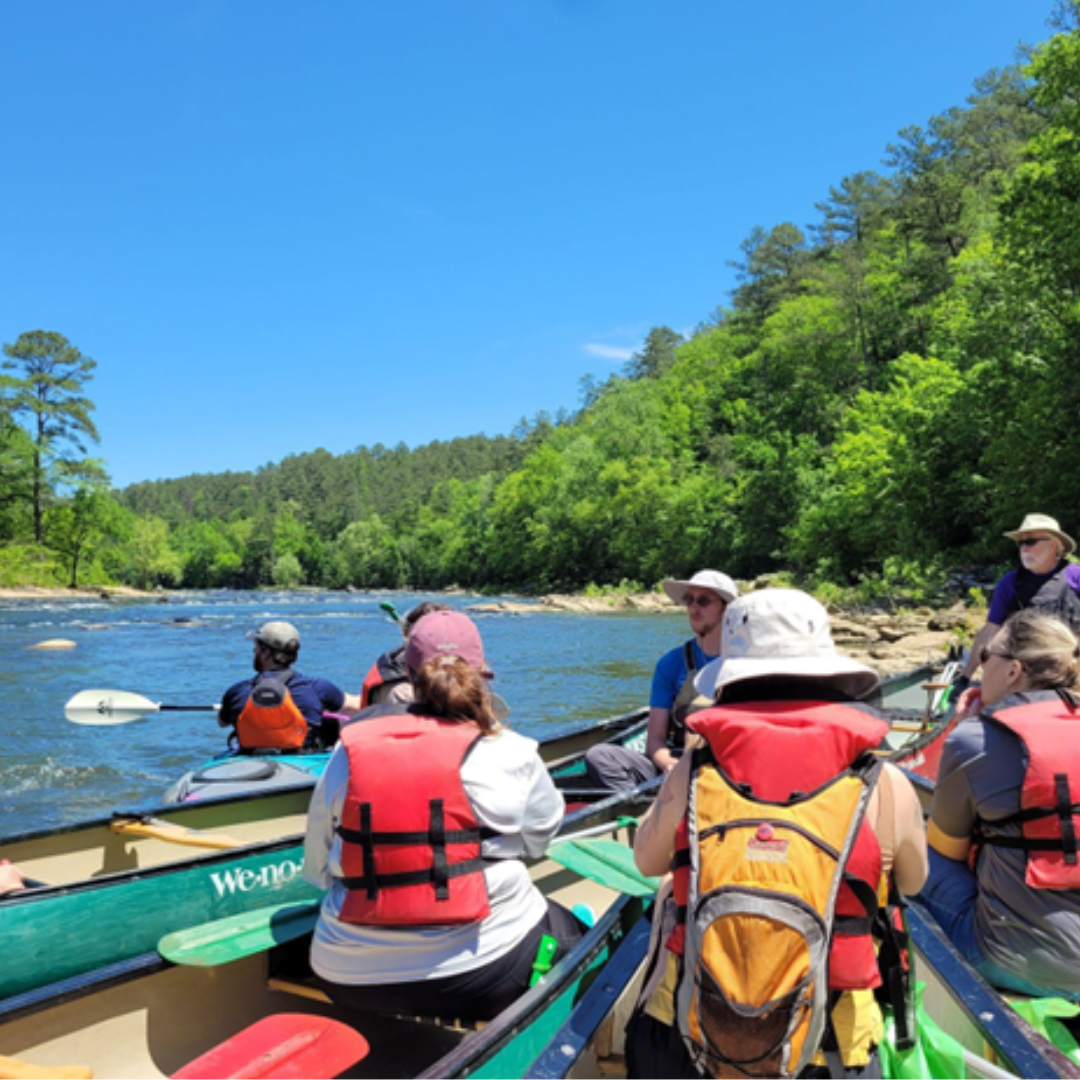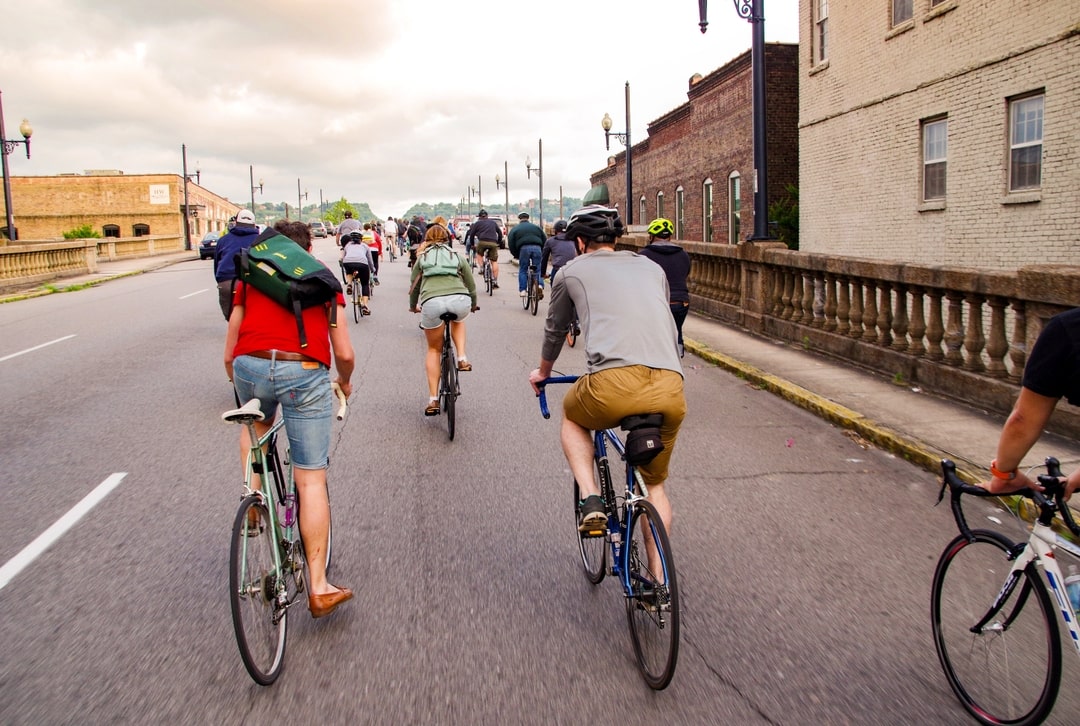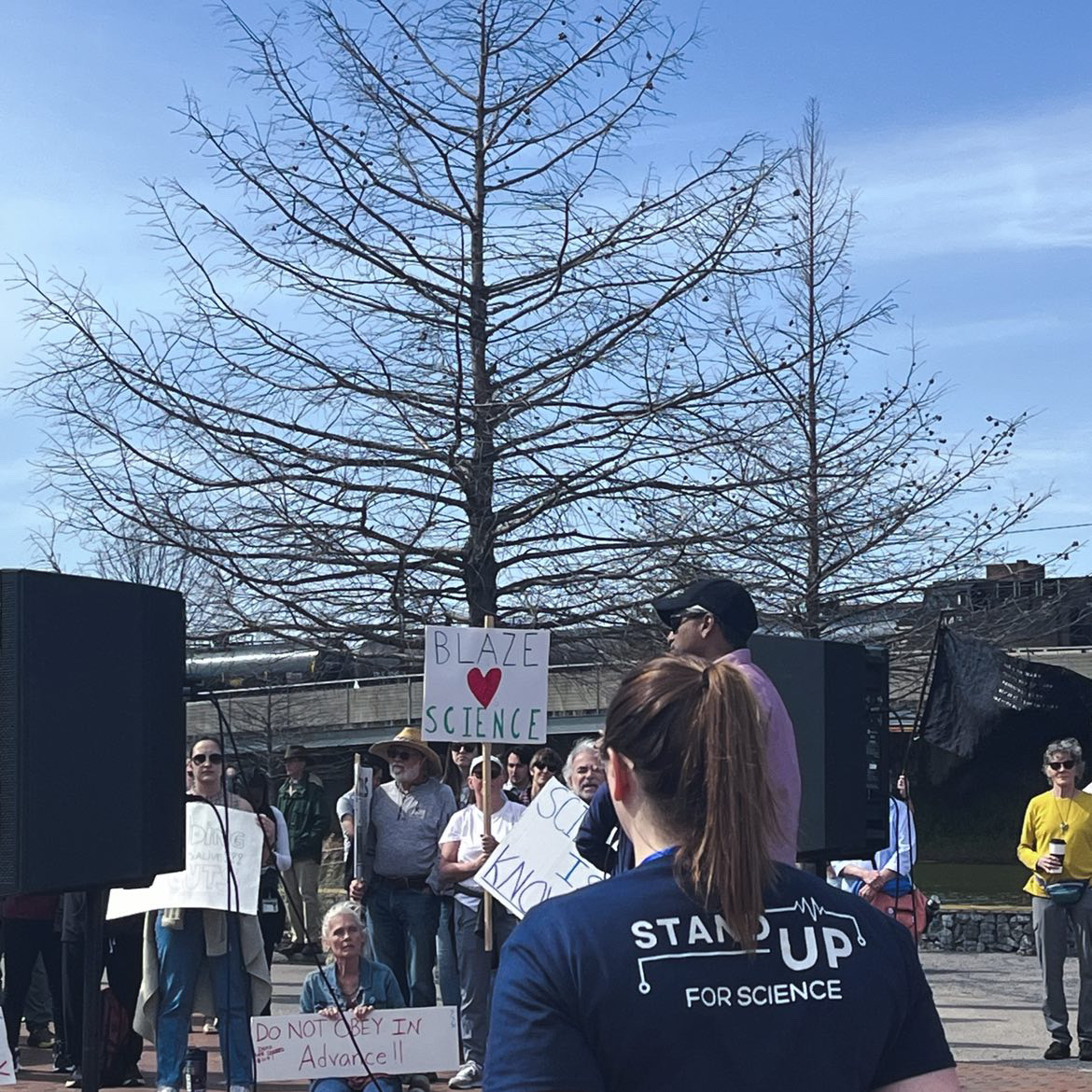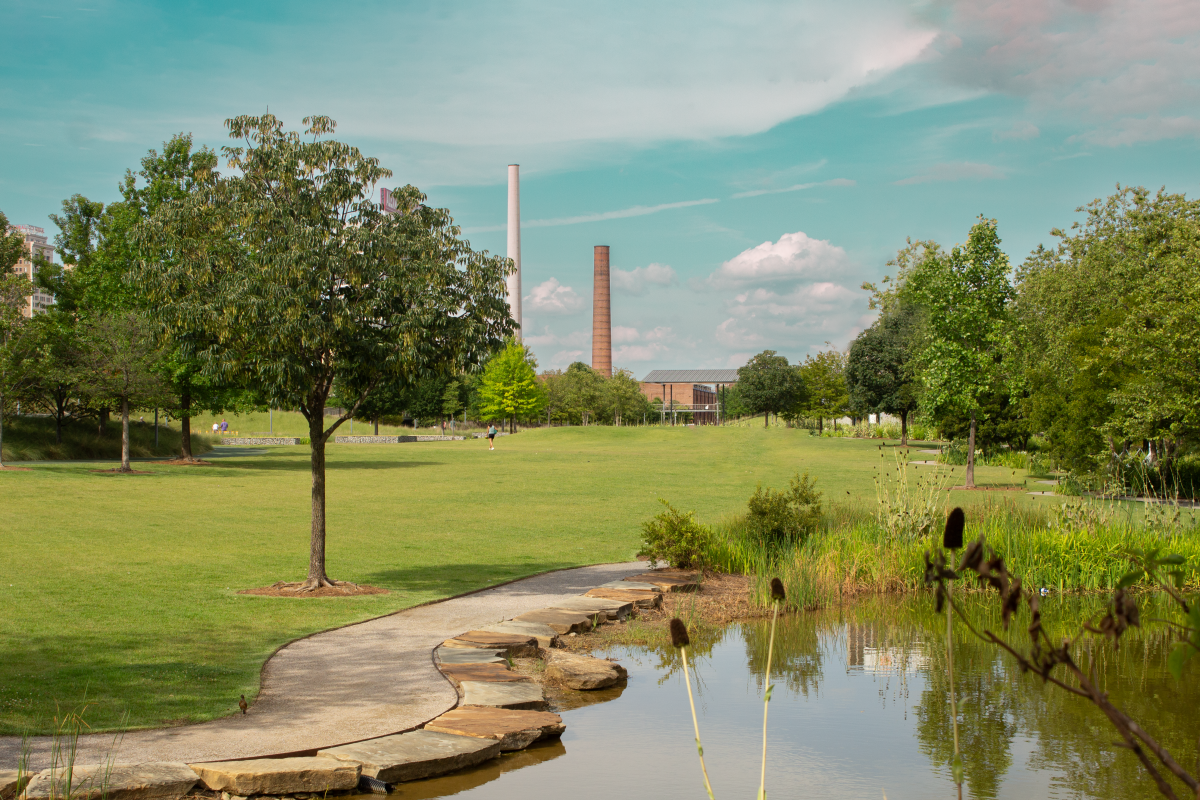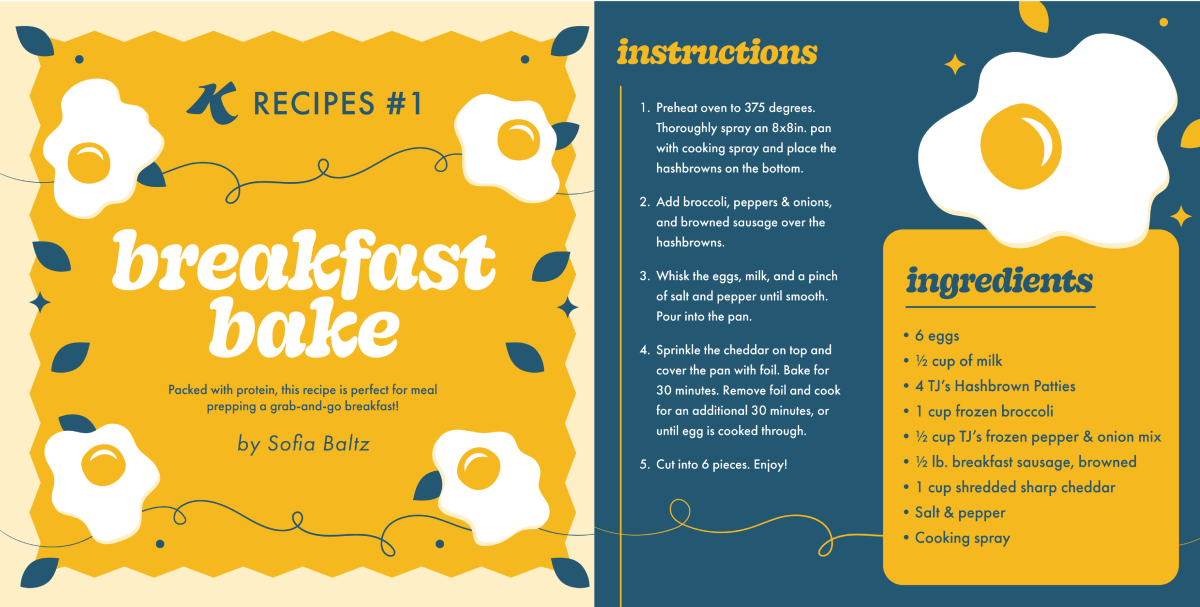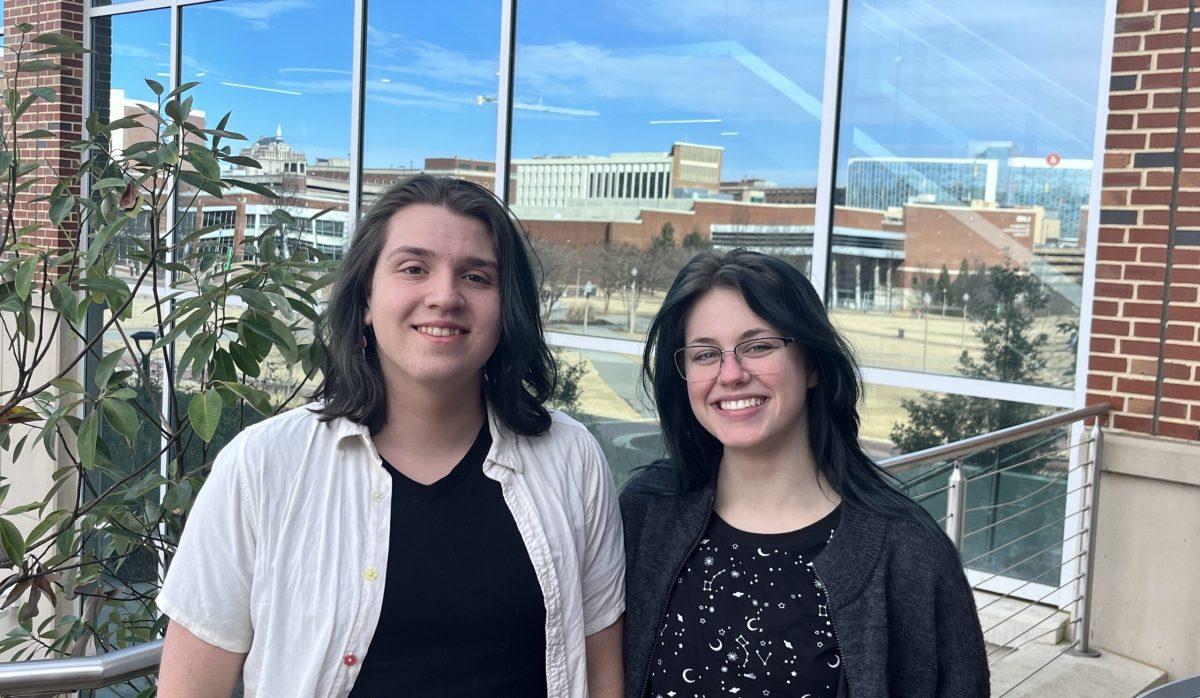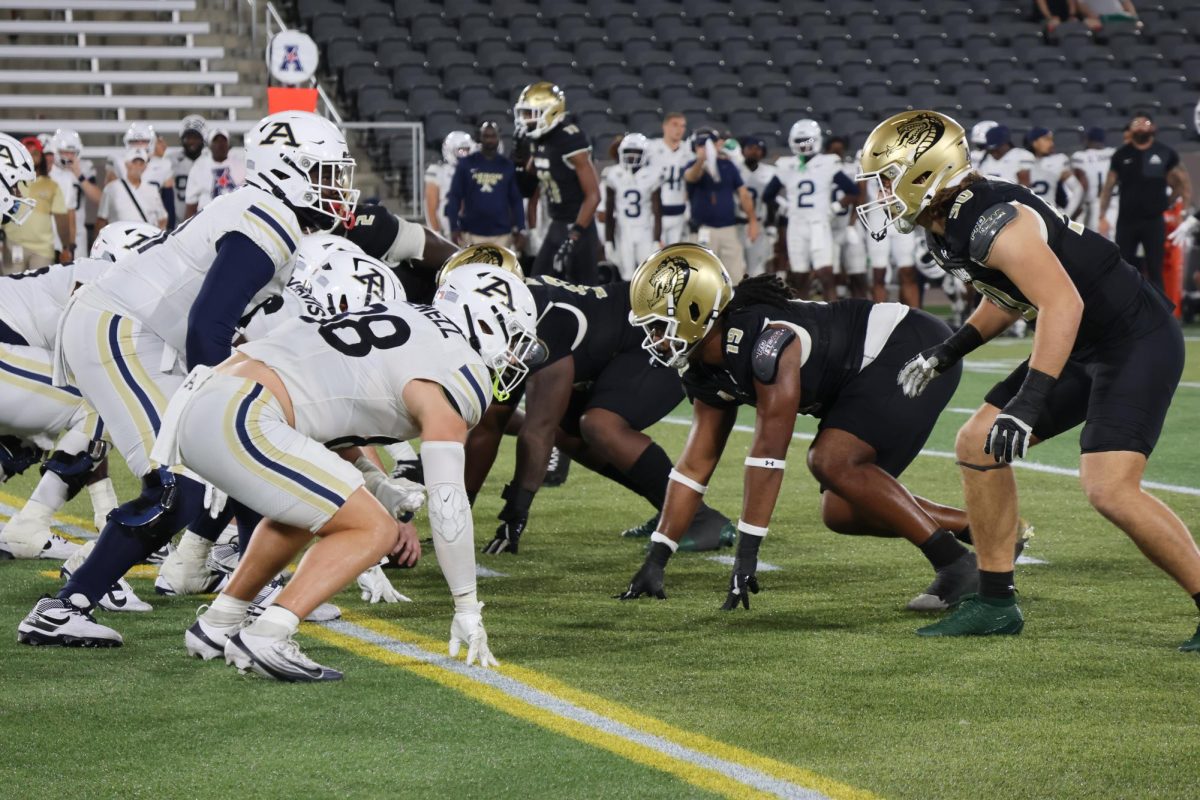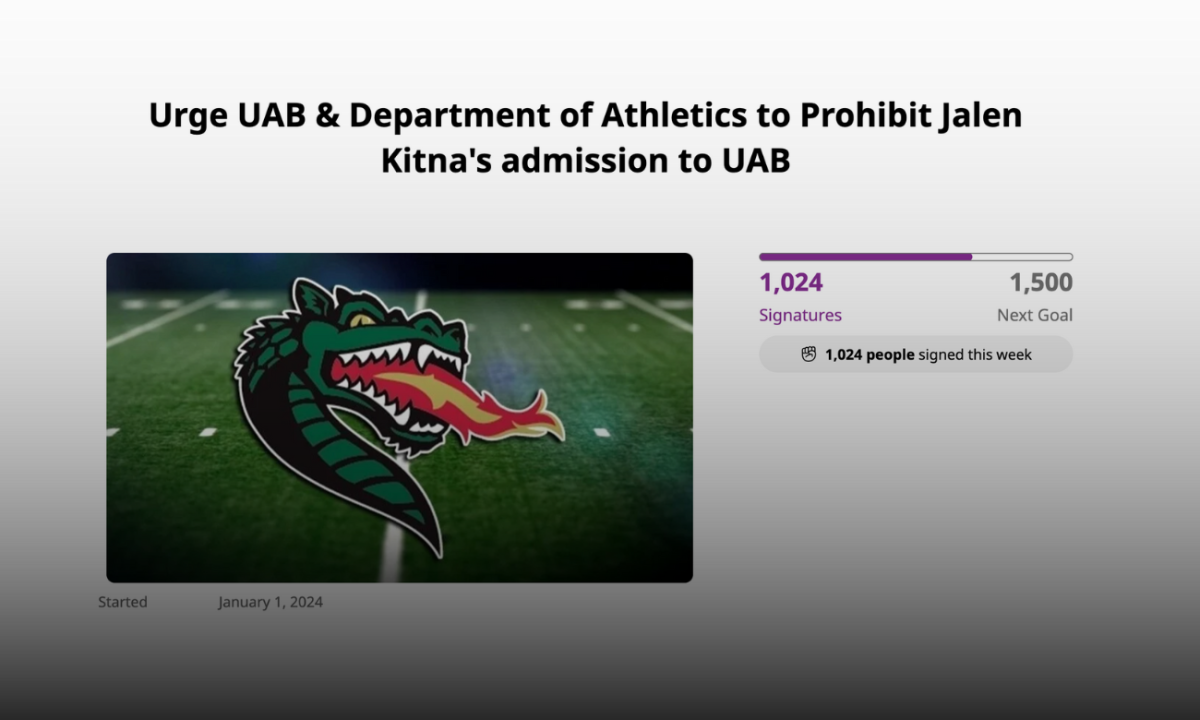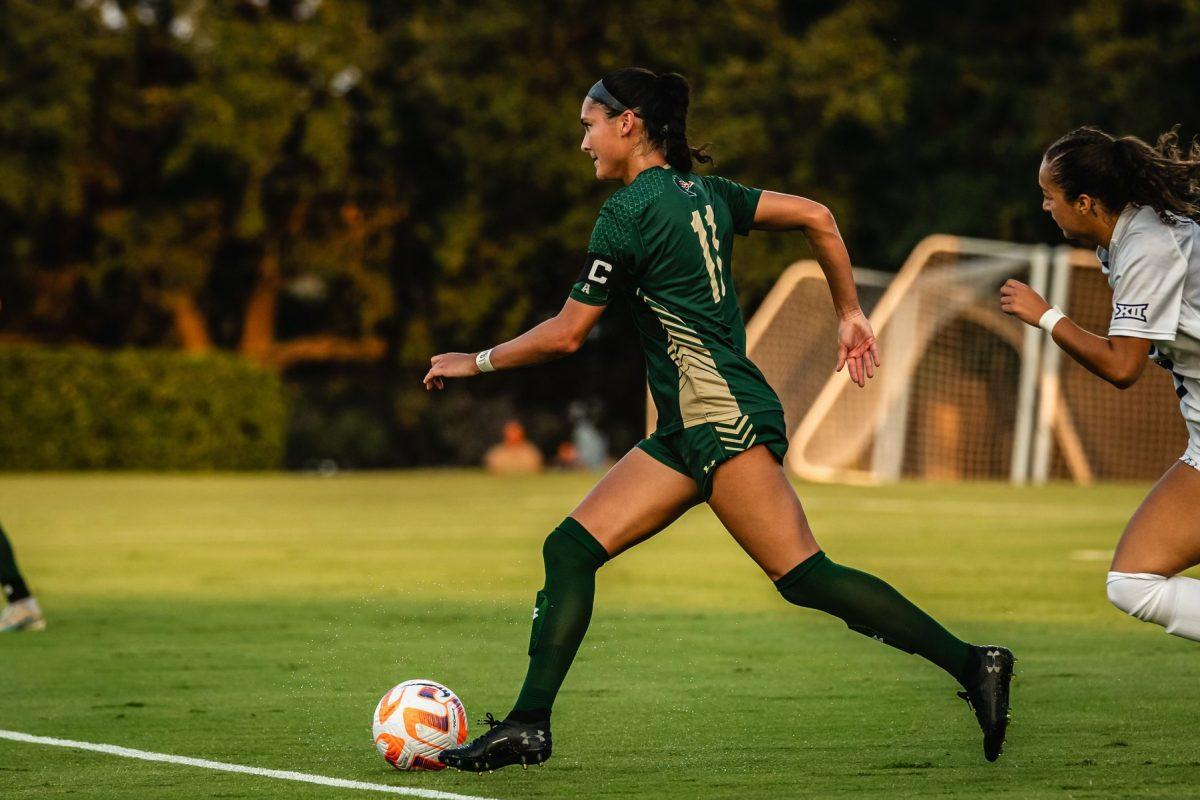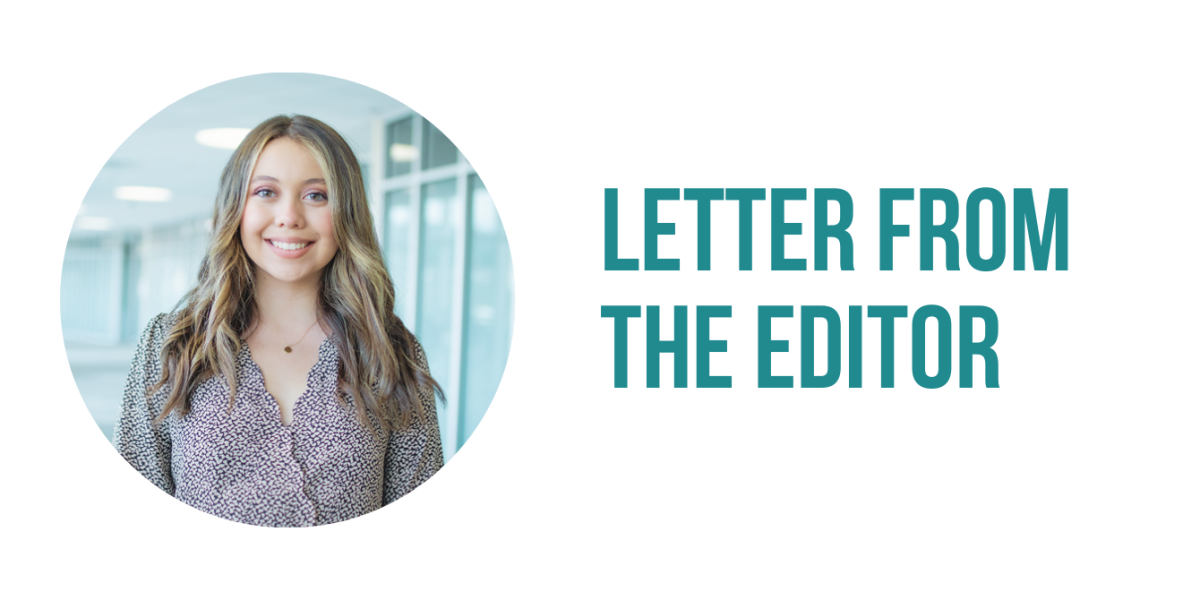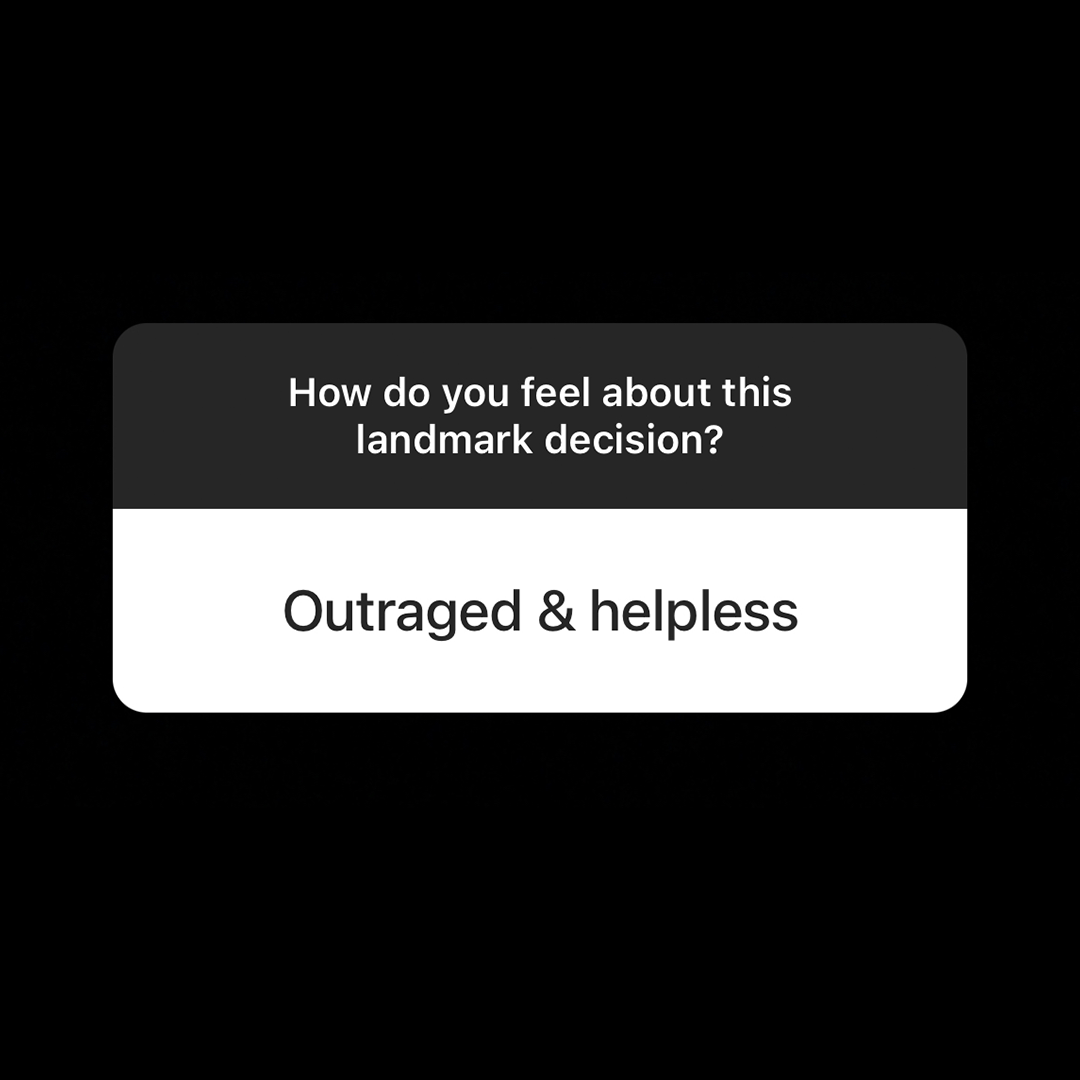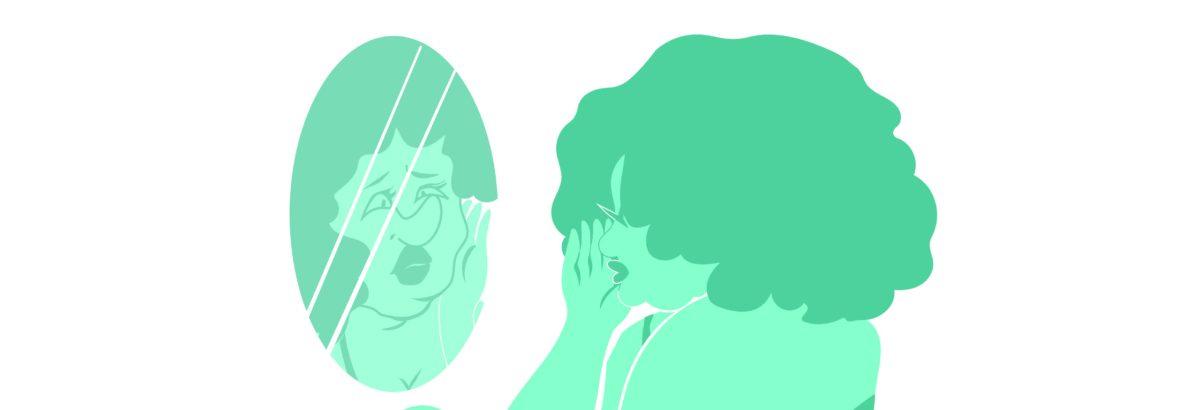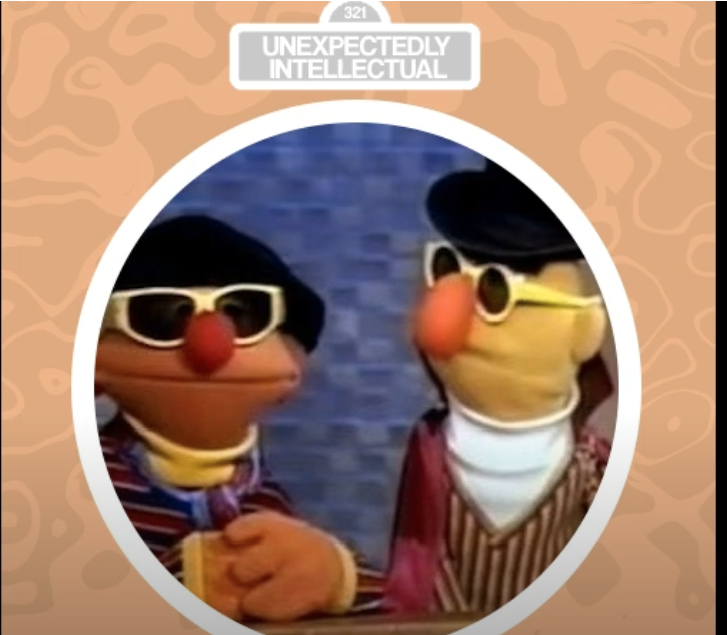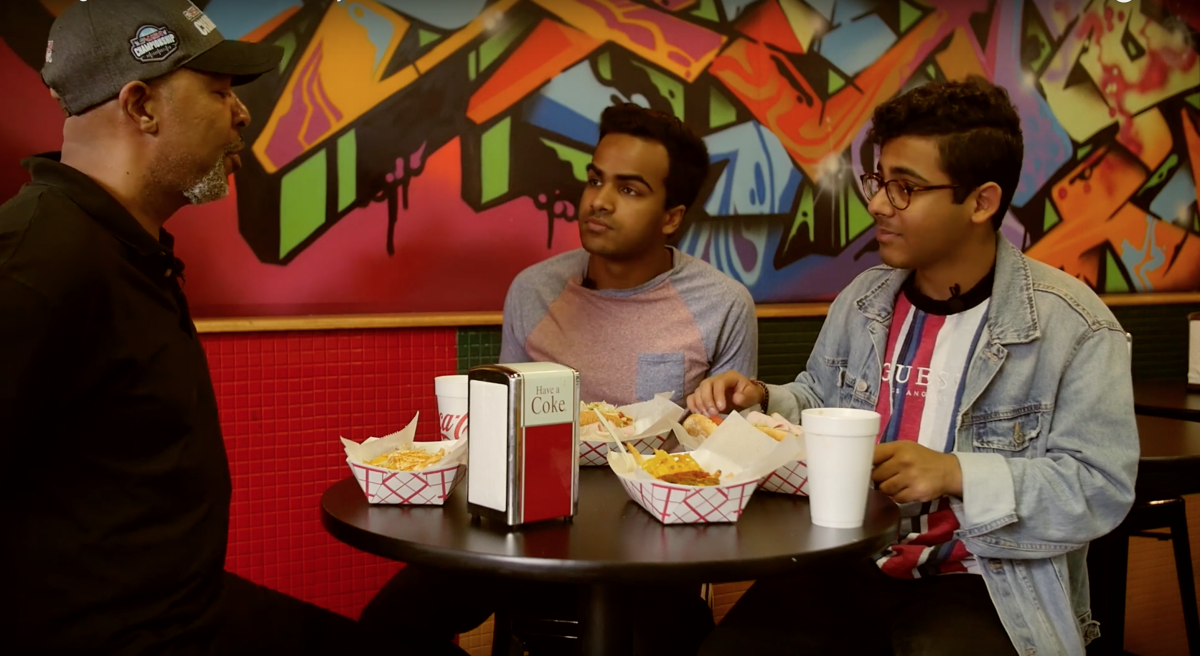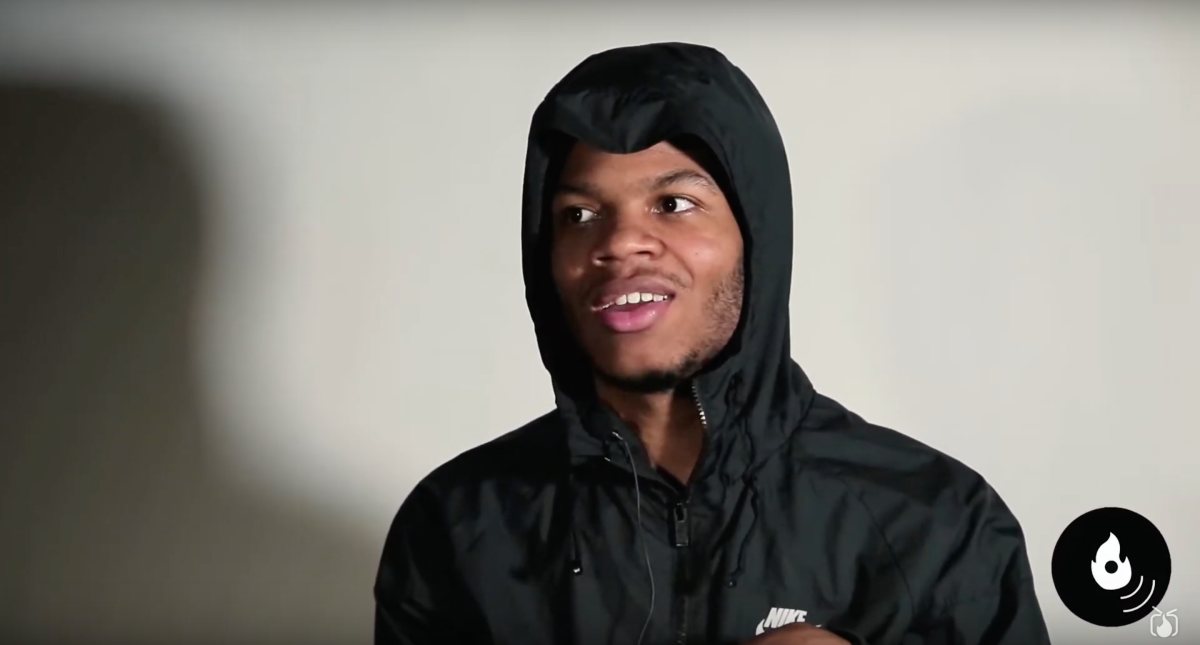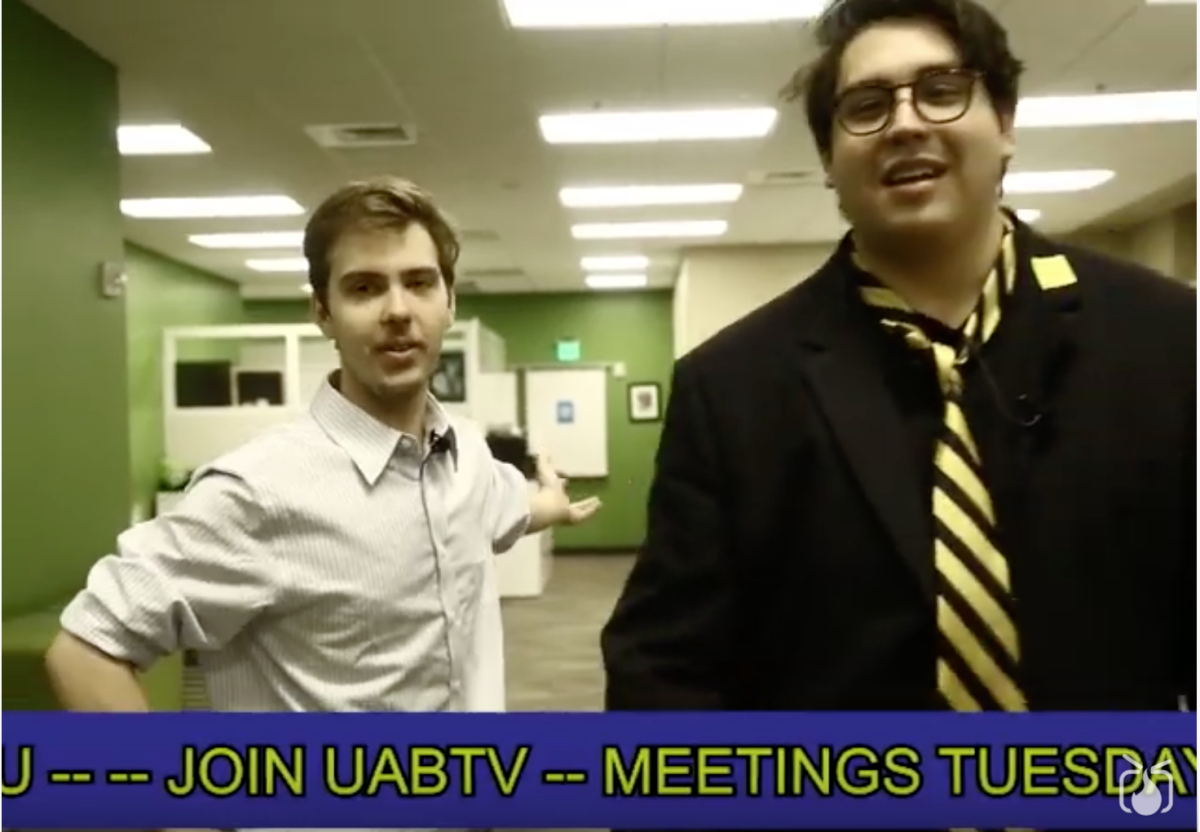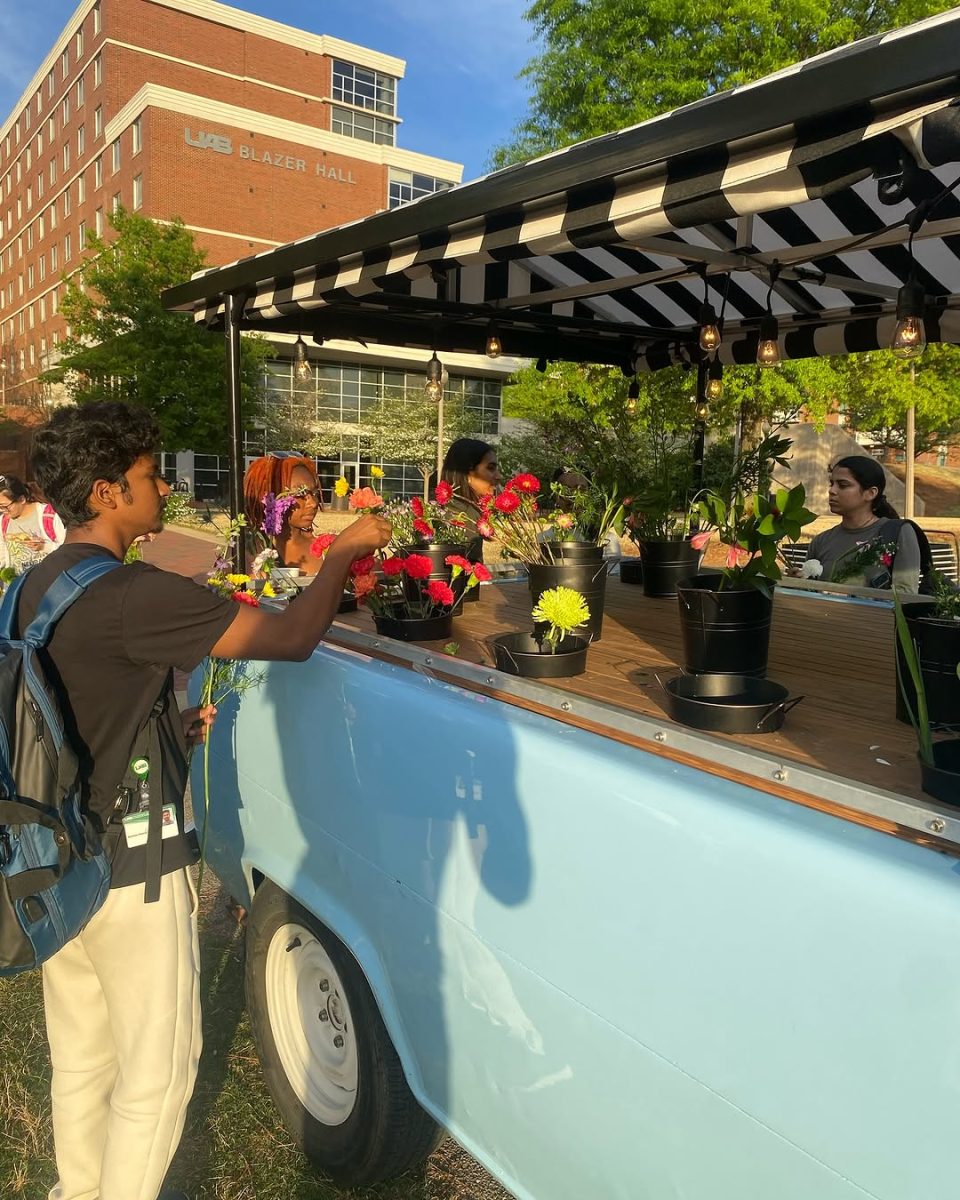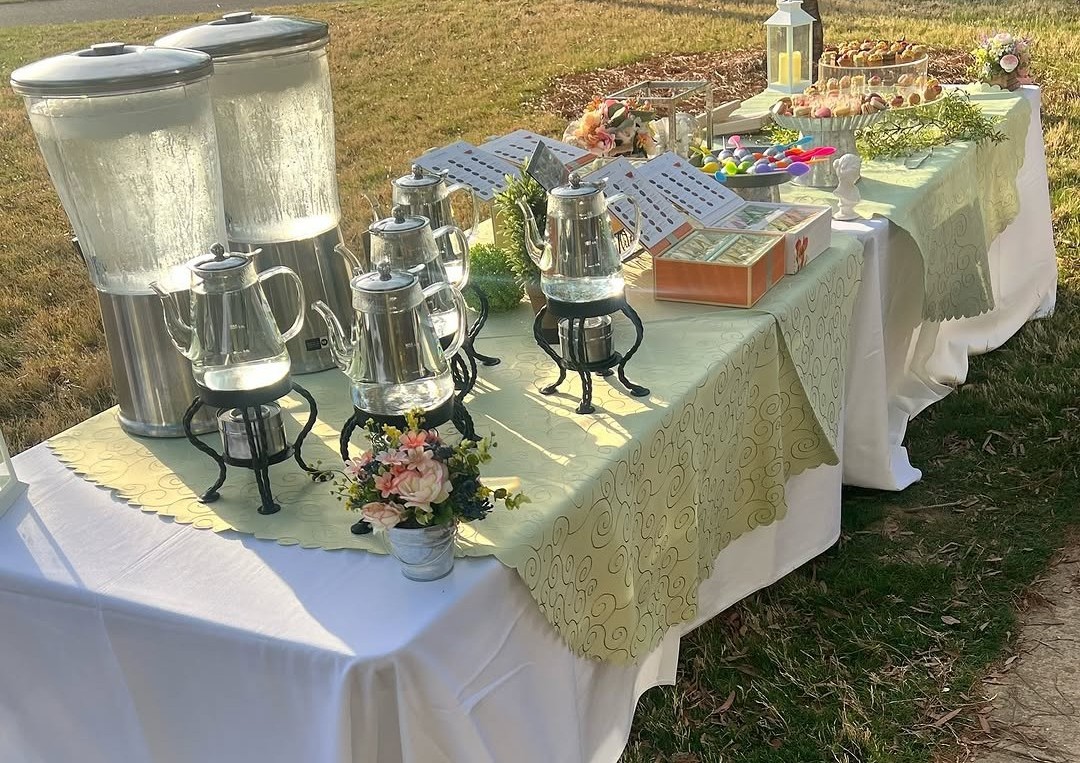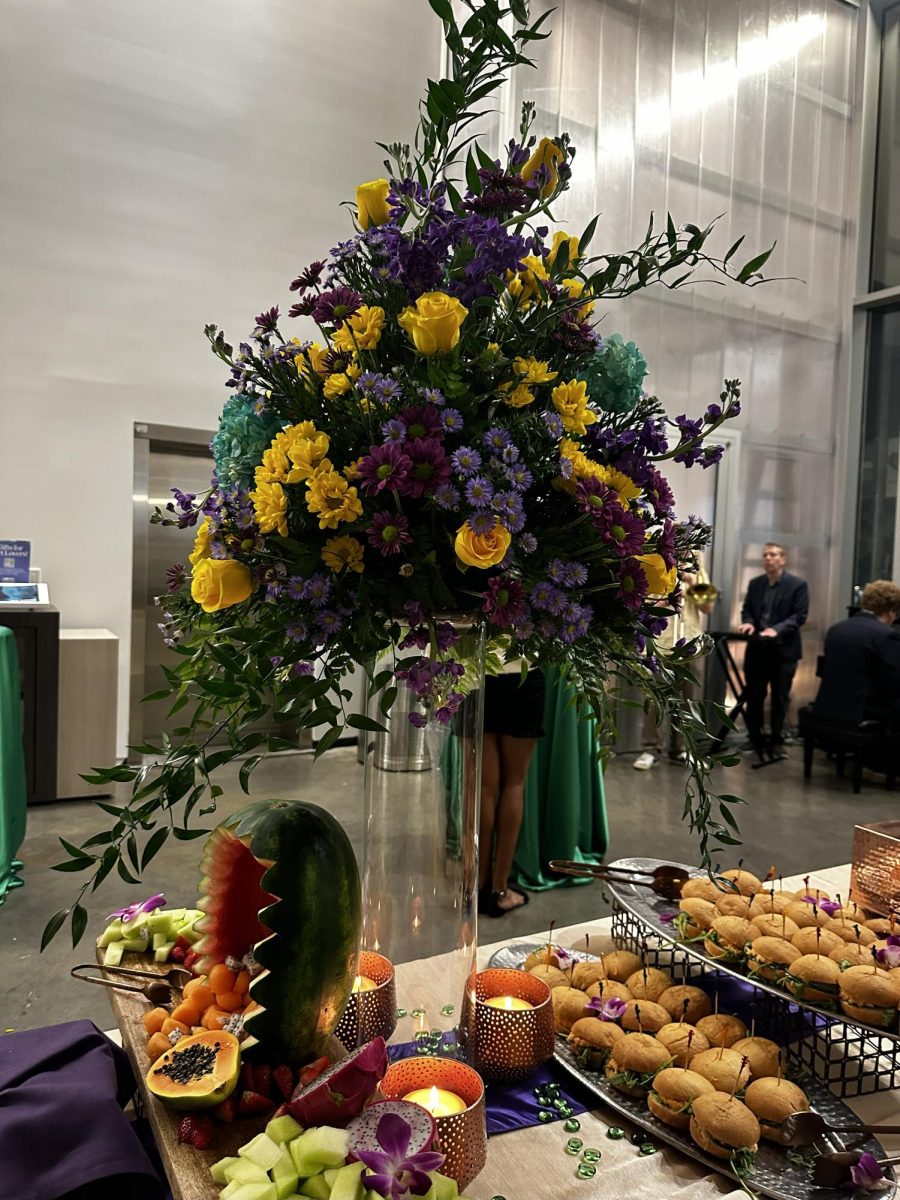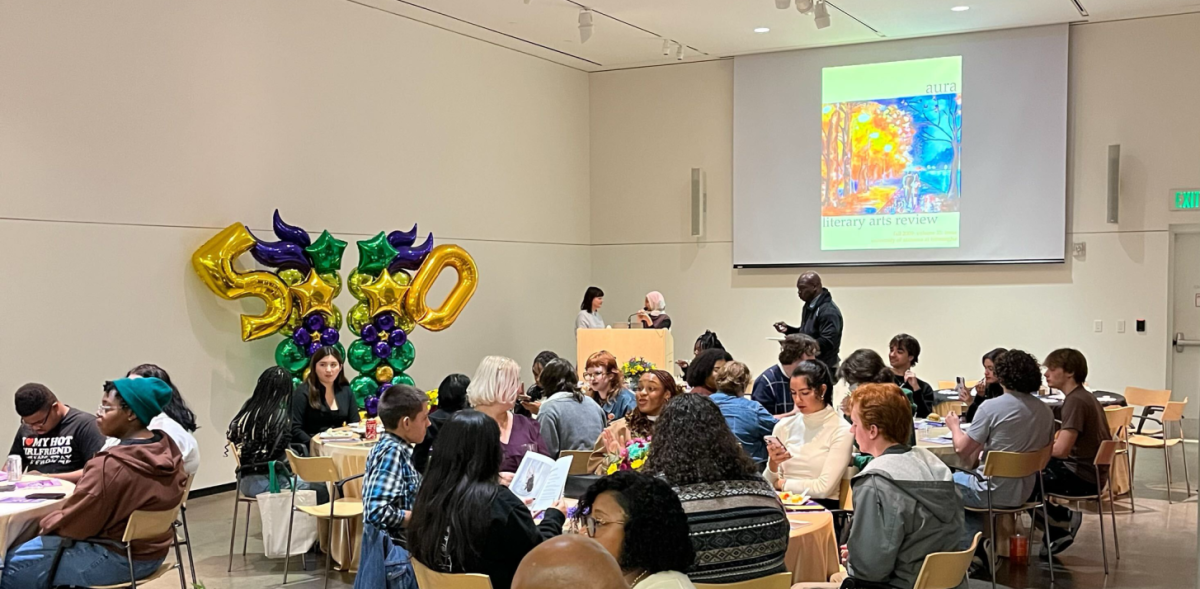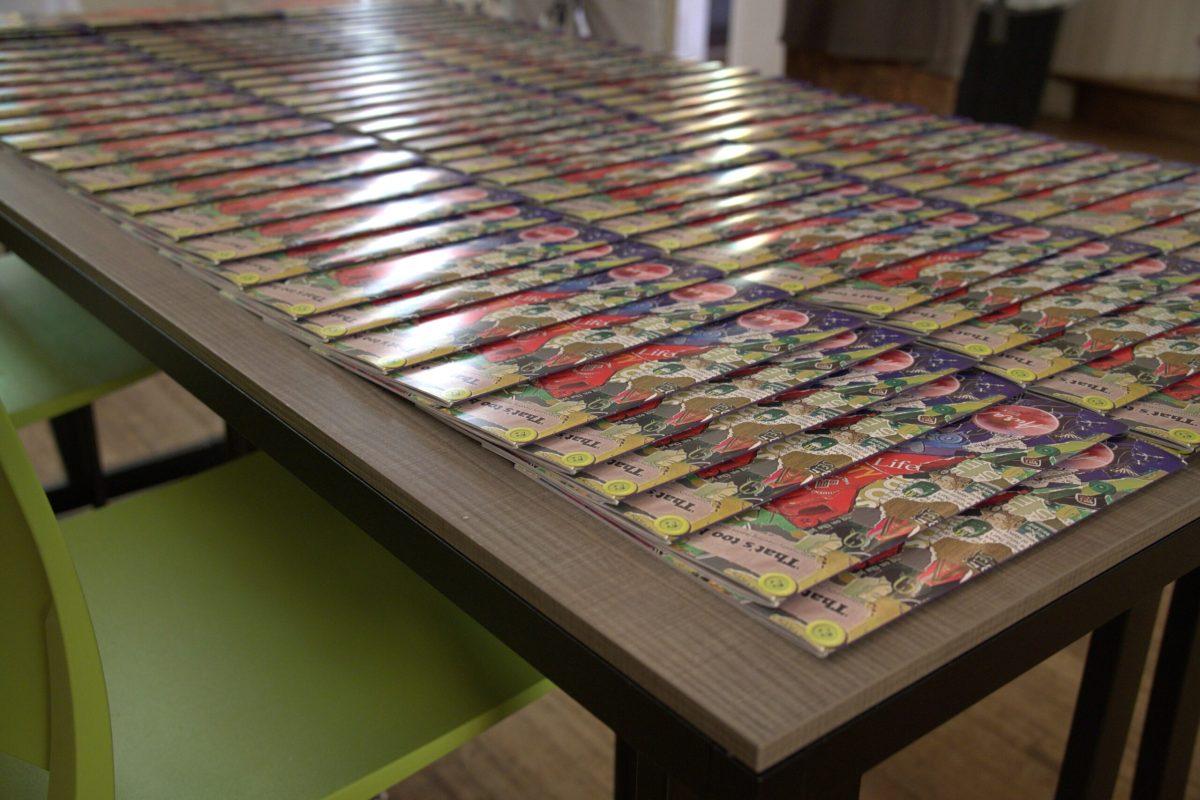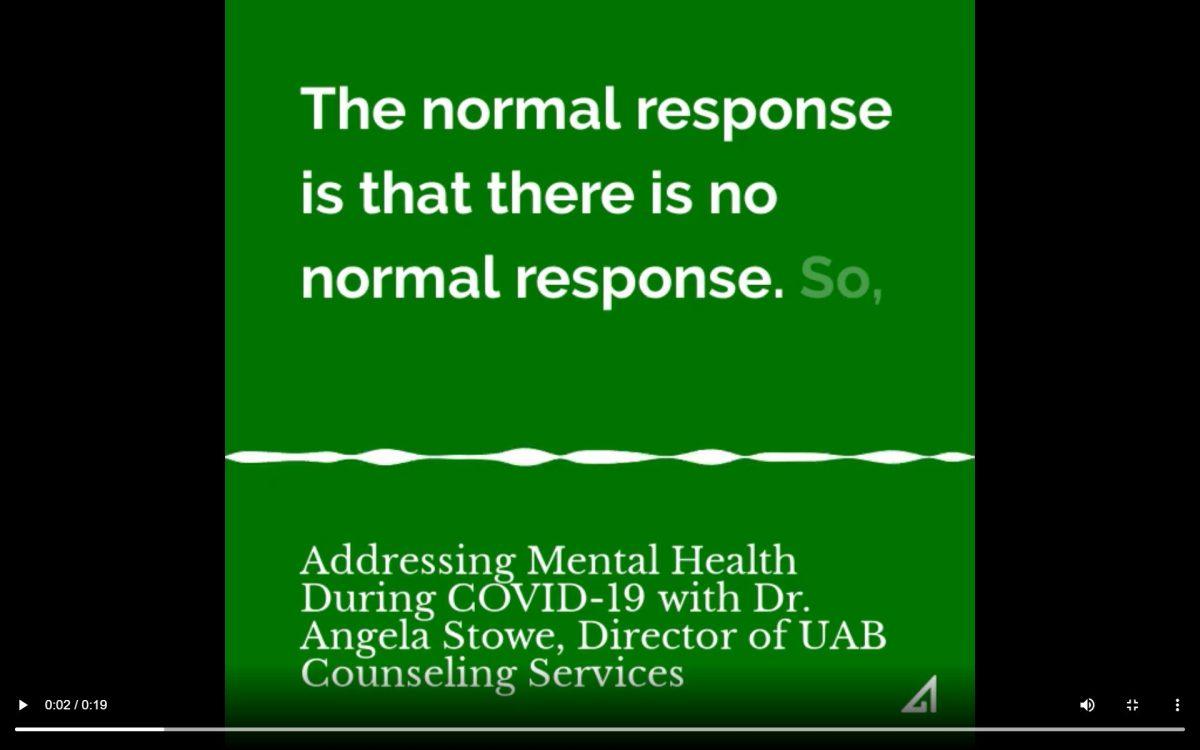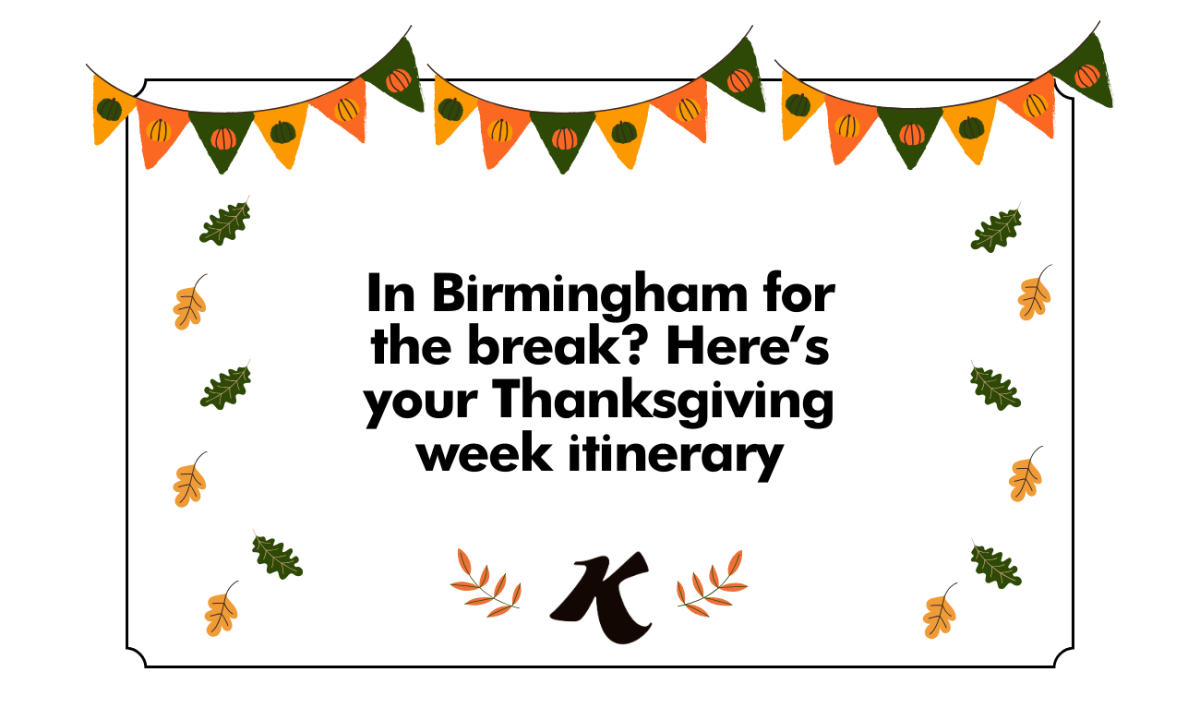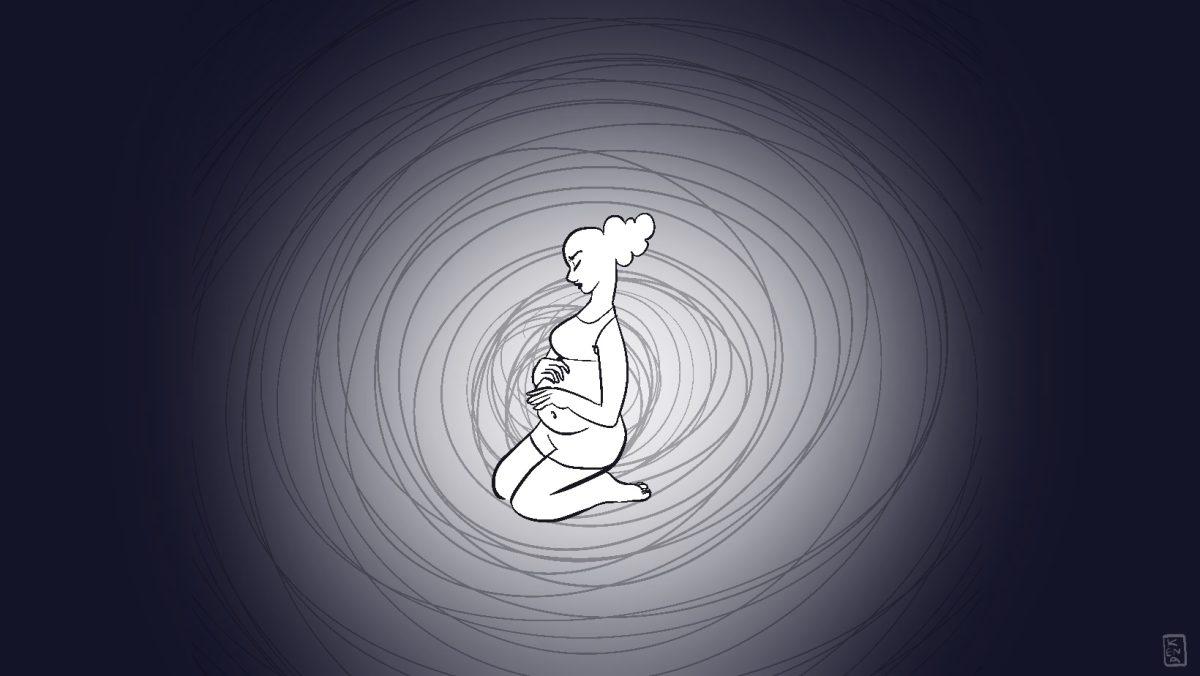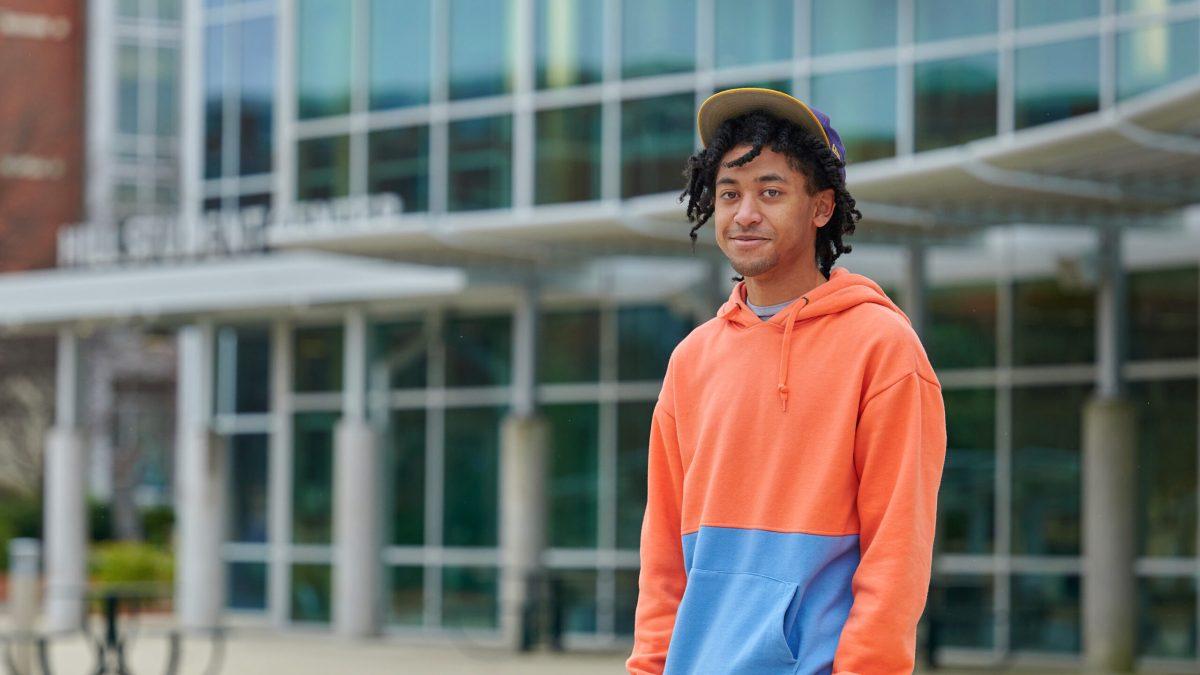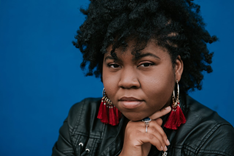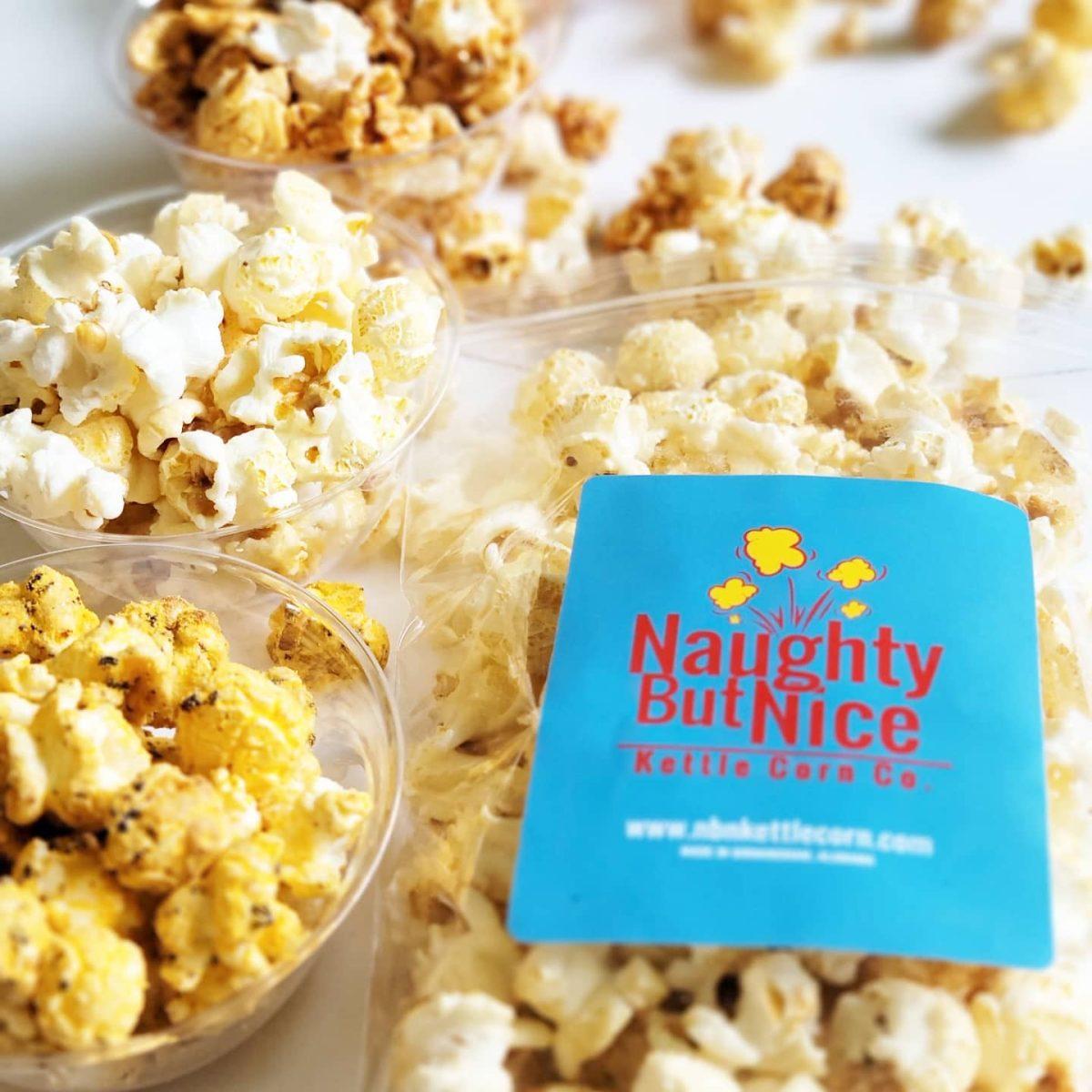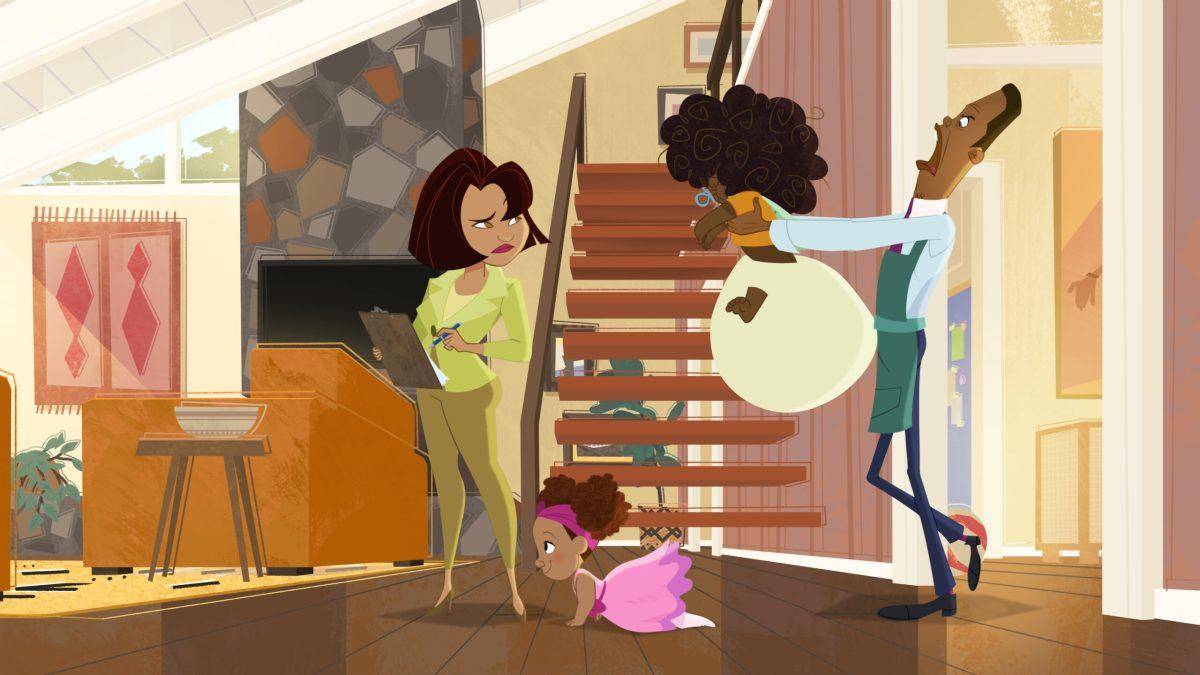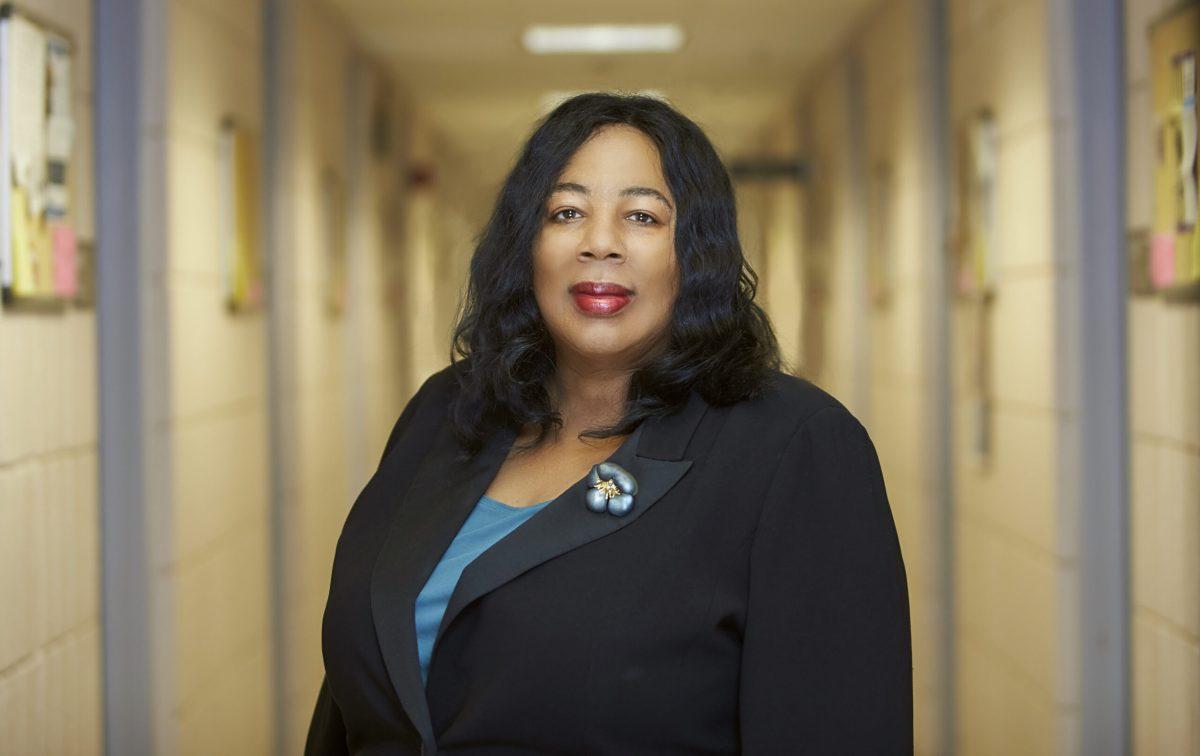We sat down for a Q and A with UAB’s Director of Student Counseling, Dr. Angela Stowe, to get real about the struggle of mental health during COVID-19.
The Kaleidoscope: What exactly is it about this time that is affecting our mental health?
Dr. Angela Stowe, Director of Student Counseling: We certainly can’t, I don’t think put it down as to one or even two things. We’ve never been through a pandemic like this before. So that’s the first, we are all living through unprecedented times. Lots of uncertainty, no kind of idea of when we might be through it. We’ll get through it. We know that, but we just don’t know when. So, we’re all having to do things differently. I definitely would imagine you know, isolation, the hard, you know, it’s just so hard to connect or inability to kind of do the things that we’re used to do doing is weigh in on people. The chronic nature, kind of just the prolonged nature of the stress is definitely increasing over time. Financial stress is a huge, huge piece of a lot of our students. I know. And not just students, just people are experiencing a lot of financial stress whether it’s changes in jobs or just the economy, we know all of the events that have been happening over the past few months related to police brutality and race and racism that is definitely added stress to many, many people.
The upcoming election is definitely a piece of it as well. It’s a very, just, it’s an emotionally charged time.
Those things, I think that folks may have had a year ago that helped you cope and do things it’s a lot harder. It’s just a lot harder to do anything, you know? So a lot of things I think are going on that are affecting folks right now. And it’s all under the big umbrella of COVID.
Kaleidoscope: What is a normal response to all of this stress?
Stowe: Well, I think the normal response is that there is no normal response. So pretty much anything somebody might be doing, feeling, experiencing the ways that you might behave being would be an expected response to such an unexpected kind of time. So people might be you know, sleeping too much, not sleeping enough, eating too much, not eating enough, changes in the level of how you feel like interacting with people. I want to be around people all the time. I don’t ever want to be around people. Feeling emotions, super, super strong, or maybe feeling apathy and not feeling them. I think people might feel physical symptoms, heart might be racing. You might notice that you’re fatigued more than usual. I think people’s behaviors maybe a sense of kind of agitation or always on edge could happen as well. Fear anxiety, a lot of grief. It would be a normal reaction because there’s just so many losses of how we do things and even major life events and a lot of loss with COVID as well, maybe just true death that people have experienced.
So, loss has happened in a lot of different ways loss of what your college experience is supposed to be like right now. It’s totally different than how you had imagined it. I’m sure. And that’s a loss as well. And so, a lot of grief a big frustration, anger, exhaustion, all those things I think are pretty normal and common reactions.
And I also don’t want to forget if you’re feeling good, that’s a common reaction right now too. Some people are liking things right now because it’s not as busy and it’s not as hectic. Some stressors have been removed. They’re getting to spend time with family that they like to spend time with. We also have folks that are spending time with family and that’s extremely stress, you know, stressful for folks. And so people are talking about how they’ve enjoyed learning new things or getting to be creative or you know, just having some time to reflect that they aren’t used to have a, and so I mean, truly all over the board is what people are going through and all of those things can be one person could go through that too.
We can be happy and frustrated; we can be lonely and connected and all those things.
Kaleidoscope: So, what do you think are maybe signs of more than just some situational anxiety and depression? When does it maybe start to become something a little bit more?
Stowe: Well, I think definitely behaviors like any of those daily activities that you know, that you’re seeing a change. So are you noticing your sleep is different? Your appetite is different, your exercise is different. Your desire to be around, people are withdrawing is different. So any of those types of things, energy level concentration, just any change more or less could be like, Oh, what’s going on this, this is different. I might need to pay attention to this. I definitely think fives when they’re experiencing symptoms that are impacting their ability to do the things they need to do. So if it’s impacting your ability to participate in class, to study, to go to work, to engage with responsibilities at home, or whether that’s just taken care of where you live, or you’ve got other responsibilities with family members and it’s getting in the way that you being able to do that, that’s definitely a time to pay attention as well.
Kaleidoscope: What are some simple coping strategies that can especially help in this time of uncertainty?
Stowe: Well, there’s a few that I have been just real strong about kind of encouraging people to consider. And the biggest one is just self-care is not for after five and weekends. It’s not for after class. And when you’re in the week, it is got to be embedded in your every day as part of your life. We just have to right now, and the things that really are key with self-care is one, if you can have a routine and work in breaks and boundaries and they there, so give yourself some time off, give yourself some time to log off, you know, take a break, but a general rhythm to your day definitely reduces stress. If everything is different every day, your body is in chaos, you know, but a routine can help manage that. The second is being kind to yourself and others, and I’ve really, you know, practicing self-compassion is so important.
I think folks have a tendency to be really hard on themselves and you know, not getting it right or not doing it the way they think they should and thinking they should be able to do what they did before. COVID in the same way. And you just, you can’t. And so there’s some great resources by Kristin Neff (N E F F) she has a Ted talk too. If you wanted to look at it, but she teaches some strategies for self-compassion, and then compassion for others, you’re compassionate towards yourself. You’re more likely to be compassionate to others, but we just need more calmness in the world right now for sure. The third thing would be those daily activities to, to watch those. So your sleeping, your eating and your movement. So are you sleeping enough to, you know, fuel your body? So you have the energy you need and restoring your body.
Are you eating what you need to eat to fuel your body and your brain? And are you moving enough so that you’re keeping your body in motion? And then the last thing is, do something fun, do something to keep you excited to make you, you know kind of feed your soul, whatever that might be. Sometimes that’s connecting with people in ways that are meaningful learning something new, serving others. Anything that just kind of is outside of that day to day responsibility that makes you smile. It kind of gives you a little bit of light. So those are the things that I would say if you could focus on with self-care and retain compassion for yourself and others, those daily activities of eating, sleeping and movement, and then doing something fun makes you smile.
Kaleidoscope: Have you seen an increase in the number of students like seeking out counseling?
Stowe: We have, and that was something that we’re really happy to see. Cause we feel like that means we’ve gotten the word out that we want, we want students to come and that they’re doing that. And we hope that that means there’s a decrease in stigma as well, but we have, we’ve, we’ve seen an increase this year compared to last year.
As of Friday of last week for the first three weeks of class, it was about a 30% increase from last year. There’s a pretty big number. Yeah.
Kaleidoscope: What would you say to someone who is maybe a little apprehensive or thinking about doing counseling, but wasn’t sure. Is there any like kind of message you would want to relay to them?
Stowe: Well, I certainly would encourage them to give it a try, you know, and to reach out. And if there are any questions I have feel free to, you know, ask those be, you know, an informed consumer, if there’s questions that you have, but to give it a try and to reach out for help. And we try to make it really easy. Students can schedule that first appointment online. They don’t even have to call somebody cause sometimes folks are nervous to make a call and you can go to our website and connect to your patient portal and just schedule that first appointment online. We try to make it simple and then a counselor will call you for that appointment and start the process with you.
Kaleidoscope: Are you guys doing virtual appointments only?
Stowe: Yes. Yes. All distanced counseling appointments.
Kaleidoscope: All right. I think that’s all the questions I had is unless there’s anything else that you want to add?
Stowe: You know, I think some of the other, the only thing I would add if you’re putting a little bit in there about resources is in addition to counseling appointments, we do have some other online support, especially while students are doing so much remotely that we would encourage folks to look at like our app. We have an app called Tao and it has a number of self-help resources for things like managing stress, like relationships, anxiety has mindfulness resources. So, a whole lot of things that people can just do on their own time at their busy for self-help. And then we’ve got some screeners, we’ve got a resiliency hub that has access to some of the other things that we do. And so just knowing that there are other online resources, we have a page that has a ton of different apps. Students, you know, who might want to look at some ways to help their breathing or ways to kind of have a gratitude journal or something like that. There’s some pretty cool apps there.
